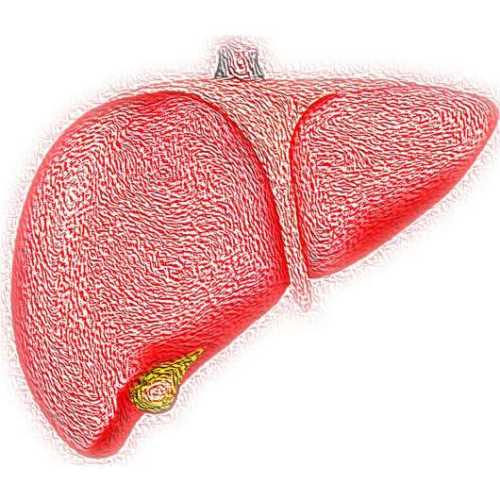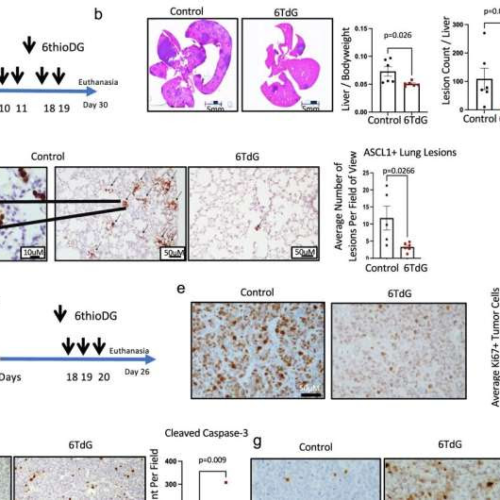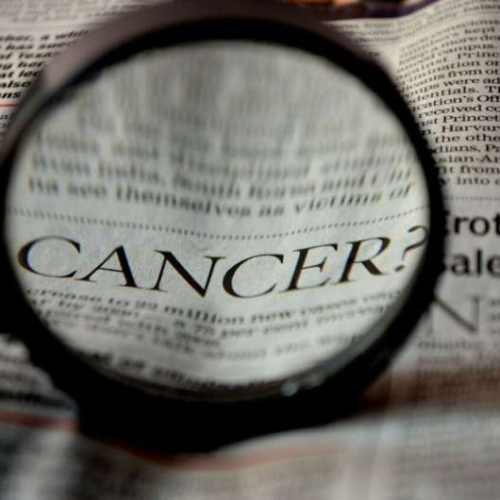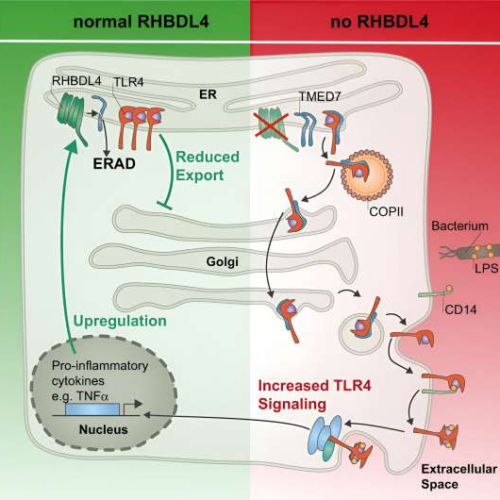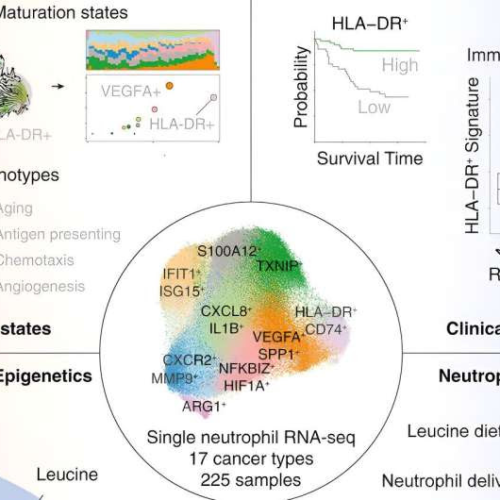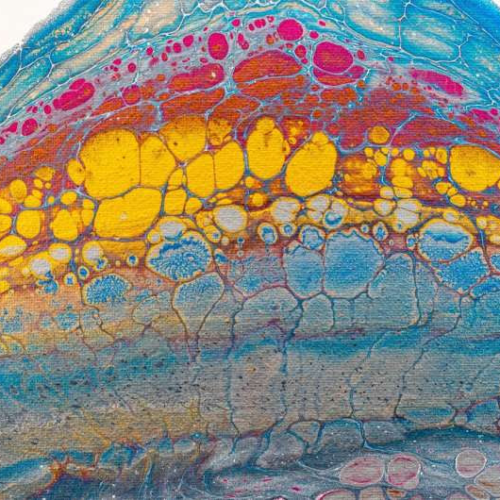by Karolinska Institutet Credit: CC0 Public Domain A new study from Karolinska Institutet in Sweden reveals that immune cells in the liver react to high cholesterol levels and eat up excess cholesterol that can otherwise cause damage to arteries. The findings, published in Nature Cardiovascular Research, suggest that the response to the onset of atherosclerosis...
Category: <span>Immunology</span>
Lung cancer treatment shows promise in tumor models
by UT Southwestern Medical Center 6TdG induces double stranded breaks and apoptosis in mouse tumors. Credit: Nature Communications (2024). DOI: 10.1038/s41467-024-44861-8A molecule has demonstrated its ability to kill tumor cells and incite an immune response in preclinical models of small cell lung cancer (SCLC), according to UT Southwestern Medical Center researchers. The findings, published in...
Protein ‘brake’ could help develop new cancer treatments
by Stanford University Credit: Pixabay/CC0 Public DomainSome cancerous tumors hijack proteins that act as “brakes” on our immune system and use them to form a sort of shield against immune recognition. Immunotherapy treatments have been created that turn off these “brakes” and allow our body to attack foreign-looking cancer cells. To further advance such treatments,...
Regulatory mechanism that keeps the immune system in check identified
by Gabriele Meseg-Rutzen, University of Cologne Keeping the immune system in checkModel of RHBDL4-mediated negative feedback regulation of TLR4 signaling. RHBDL4-catalyzed cleavage induces downregulation of TMED7 by the ERAD pathway. Upon loss of RHBDL4, TMED7 accumulates and promotes the trafficking of TLR4 to the cell surface. Consequently, TLR4 downstream signaling is increased, resulting in enhanced...
Regulatory mechanism that keeps the immune system in check identified
by Gabriele Meseg-Rutzen, University of Cologne Model of RHBDL4-mediated negative feedback regulation of TLR4 signaling. RHBDL4-catalyzed cleavage induces downregulation of TMED7 by the ERAD pathway. Upon loss of RHBDL4, TMED7 accumulates and promotes the trafficking of TLR4 to the cell surface. Consequently, TLR4 downstream signaling is increased, resulting in enhanced cytokine secretion. As negative feedback, LPS-induced...
Possible tumor marker found for the development of hepatocellular carcinoma
by Stefan Zorn, Medizinische Hochschule Hannover Impending hepatocellular carcinoma diagnosis in cirrhotic patients after HCV cure features a natural killer cell signature. Credit: Hepatology (2024). DOI: 10.1097/HEP.0000000000000804A research team at the MHH is comparing changes in natural killer cells of the innate immune defense system in chronic hepatitis C sufferers as a risk factor for...
Scientists unravel tumor neutrophil complexity, discover therapeutic subset
by Liu Jia, Chinese Academy of Science Credit: Cell (2024). DOI: 10.1016/j.cell.2024.02.005In a study published in Cell on March 5, Prof. Zhang Xiaoming at the Shanghai Institute of Immunity and Infection (SIII) of the Chinese Academy of Sciences and Profs. Gao Qiang, Fan Jia and Yang Li at Fudan University have uncovered an unexpected level of...
Targeted immunotherapy could lead to pioneering treatment for breast cancer
by Institute of Cancer Research E3K CAR-T cells limit 4T1 tumor metastasis in NSG mice. Credit: Journal for ImmunoTherapy of Cancer (2024). DOI: 10.1136/jitc-2023-008608A new type of immunotherapy that targets non-cancer cells could help prevent the growth and spread of breast cancer tumors, according to new research. The discovery, published 28 February in the Journal for...
New microbiome insights could help boost immunotherapy for a range of rare cancers
by Wellcome Trust Sanger Institute Credit: Unsplash/CC0 Public DomainThe microbiome can identify those who benefit from combination immunotherapy across multiple different cancers, including rare gynecological cancers, biliary tract cancers and melanoma. Researchers from the Wellcome Sanger Institute, the Olivia Newton-John Cancer Research Institute in Australia, and collaborators have identified specific strains of bacteria that are linked...
An overgrowth of nerve cells appears to cause lingering symptoms after recurrent UTIs
by Duke University Medical Center Credit: Pixabay/CC0 Public DomainA perplexing problem for people with recurring urinary tract infections (UTIs) is persistent pain, even after antibiotics have successfully cleared the bacteria. Now Duke Health researchers have identified the likely cause—an overgrowth of nerve cells in the bladder. The finding, appearing March 1 in the journal Science Immunology,...

